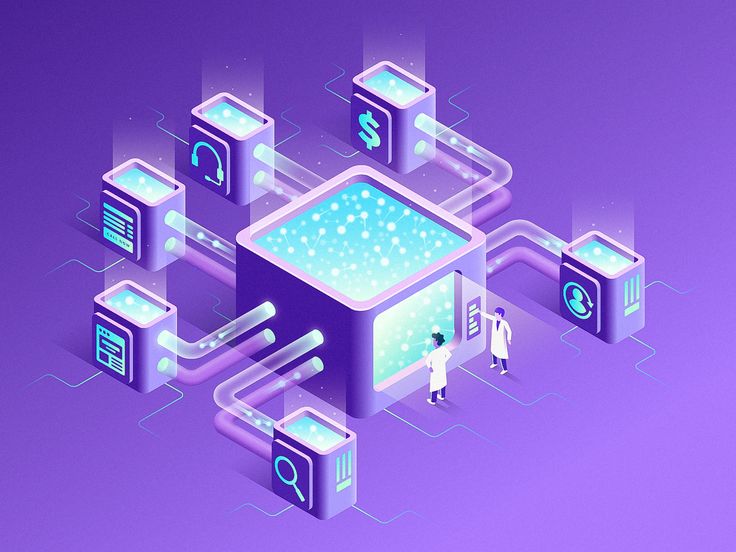Data science has become one of the most sought-after career paths in recent years, blending technology, business, and mathematics to extract meaningful insights from data. But if you’re considering a career in this field, you might wonder: Does data science need statistics?
The short and clear answer is yes — statistics is a fundamental part of data science. Let’s explore why.
Why Is Statistics Important in Data Science?
1. Understanding the Data
Statistics helps data scientists make sense of raw data. Concepts like mean, median, mode, standard deviation, and variance allow you to summarize and explore datasets quickly and meaningfully.
2. Drawing Conclusions
Inferential statistics — like hypothesis testing, confidence intervals, and regression analysis — helps you draw conclusions about large populations based on smaller samples. This is essential in business, healthcare, marketing, and virtually every field that uses data science.
3. Building Better Models
Machine learning models, a core part of data science, often rely on statistical concepts. For example:
-
Linear regression is rooted in statistics.
-
Probabilistic models like Naive Bayes depend on Bayes’ Theorem.
-
Evaluating models (with metrics like accuracy, precision, recall, and ROC curves) also uses statistical thinking.
4. Avoiding Pitfalls
Statistics teaches you to avoid common mistakes — like overfitting, biased sampling, or misinterpreting correlation as causation. Without statistical understanding, your models may be technically correct but practically misleading.
Do You Need to Be a Statistician?
Not necessarily. You don’t need a PhD in statistics to be a data scientist, but you do need a working knowledge of key statistical concepts. Most successful data scientists have a practical grasp of statistics and know how to apply it to real-world problems.
Key Statistical Topics to Learn for Data Science
-
Descriptive Statistics (mean, median, standard deviation, etc.)
-
Probability theory
-
Inferential Statistics (hypothesis testing, p-values, t-tests)
-
Regression (linear and logistic)
-
Sampling techniques
-
Bayesian statistics
-
Distribution types (normal, binomial, etc.)
-
A/B testing and experimental design
Final Thoughts
In the world of data science, statistics is not just useful — it’s essential. It forms the backbone of data analysis, model building, and decision-making. Whether you’re cleaning a dataset, analyzing trends, or training a machine learning model, your statistical skills will guide you every step of the way.
So if you’re planning to dive into data science, make sure you give statistics the attention it deserves. It’s not just about crunching numbers — it’s about understanding what those numbers truly mean.

